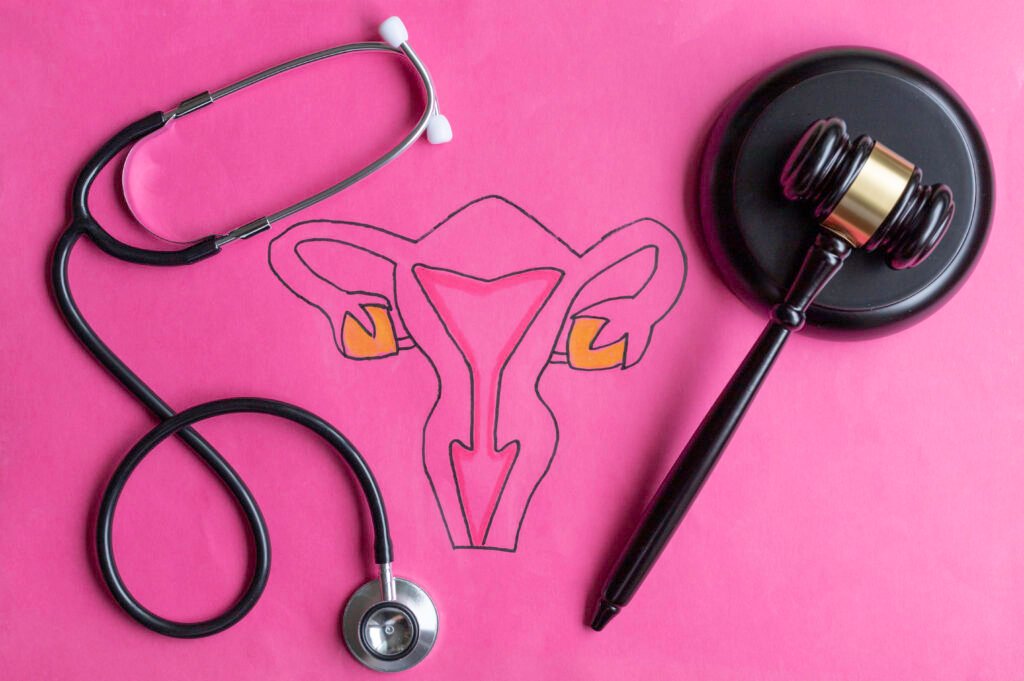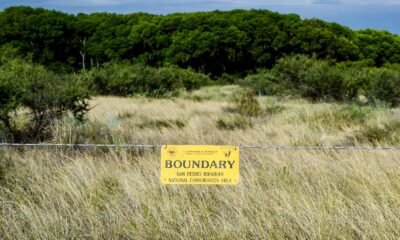2024 election
‘Unborn Human Being’ to Feature in Descriptions of Groundbreaking Abortion Rights Initiative for Voters

The Arizona Supreme Court has decided that the phrase “unborn human being” will be included in the description of the upcoming abortion rights initiative. This ruling, announced on Wednesday, overturned a previous decision made by a trial court.
The abortion rights initiative, known as the Arizona Abortion Access Act, faced controversy regarding its wording. The campaign filed a lawsuit in July to challenge the terminology approved by a Republican-led legislative committee.
The advocacy group Arizona for Abortion Access argued that the term “unborn human being” should be replaced with the medically precise “fetus.” They claimed that the original phrase carried emotional weight and was biased against those seeking abortion rights.
According to state law, each ballot proposal must come with a description analyzing the laws affected. However, the law requires this analysis to be impartial. The campaign contended that using “unborn human being” violated this impartial standard.
Initially, Maricopa County Superior Court Judge Christopher Whitten ruled in favor of the abortion rights group, stating the term was charged with political implications. “The term ‘unborn human being’ is packed with emotional and partisan meaning,” he noted.
Despite this, the Arizona Supreme Court reinstated the phrase in its pamphlet for voters. The court has yet to release a detailed opinion for its decision but expressed that it would do so in the near future.
The court sided with the Republican members of the legislative council, who defended the usage of the term as consistent with existing state law that restricts abortions up to 15 weeks.
Vice Chief Justice John Lopez noted that the analysis meets state law requirements and complies with the impartiality clause. The Arizona Abortion Access Act seeks to enshrine abortion rights in the state Constitution until fetal viability, typically around 24 weeks. If passed, it would negate the 15-week limit and restrict legislative capabilities concerning abortion unless focused on health care safety.
Arizona for Abortion Access expressed disappointment in the ruling, asserting that the term is a rallying point for anti-abortion advocates devoid of scientific grounding. They suggested that this language could mislead voters regarding the initiative’s true implications.
This week, the Arizona Secretary of State confirmed that the campaign gathered over 820,000 signatures, surpassing the required amount for the initiative to appear on the ballot. With approximately 578,000 validated signatures, the campaign is set for November.
Adverse reactions followed the court’s ruling. Reproductive Freedom for All Arizona labelled the decision as “reckless,” warning it would present biased language to voters. Advocacy leader Athena Salman criticized the ruling, asserting that misinformation tactics are employed by anti-abortion activists.
Justice Clint Bolick recused himself from the case due to a conflict of interest, as his wife is a member of the legislative council that approved the wording. Retired Justice John Pelander took his place on the bench.
Chief Justice Ann Scott Timmer and Justice James Beene, both appointed by Republican governors, dissented with the majority ruling, echoing the lower court’s concerns. Meanwhile, the Supreme Court’s ruling on a separate appeal from Right to Life Arizona remains pending, as they challenge the initiative’s placement on the ballot based on the alleged misleading summary provided to petition signers.


















